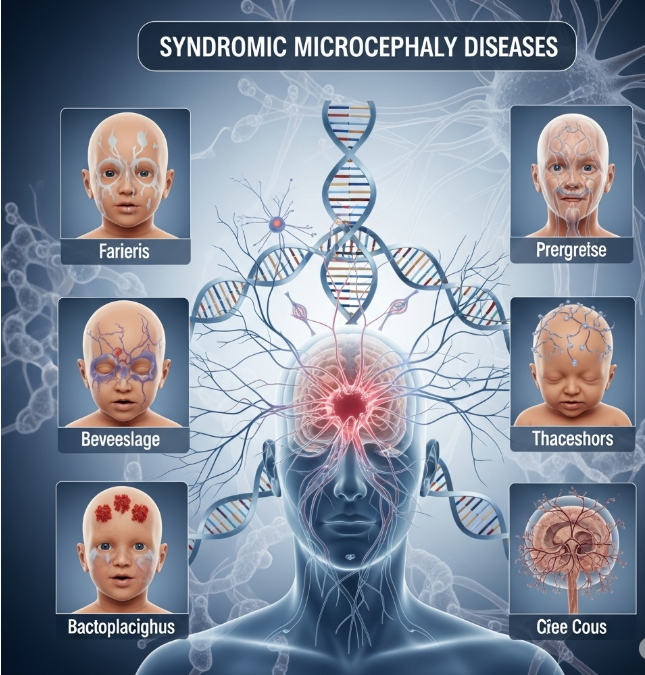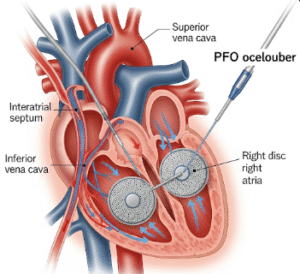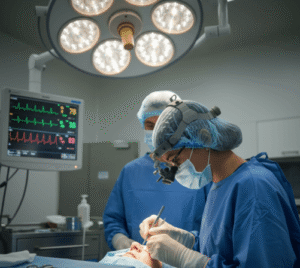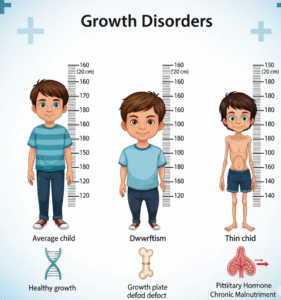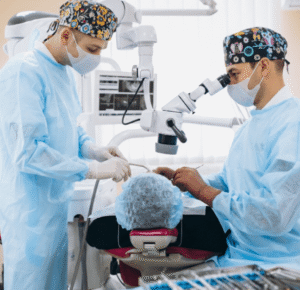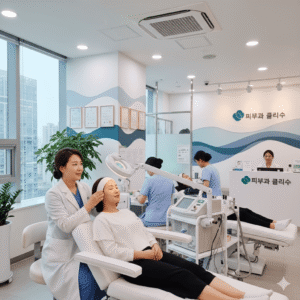Overview
Syndromic microcephaly is a rare neurological condition where a child is born with an abnormally small head size due to underlying genetic or developmental syndromes. Unlike isolated microcephaly, syndromic forms are associated with other physical abnormalities or developmental delays. Early diagnosis and management are crucial for optimizing outcomes.
What is Syndromic Microcephaly?
Syndromic microcephaly refers to microcephaly occurring as part of a broader syndrome, often involving multiple organ systems. It is characterized by a head circumference significantly smaller than average for age and sex, accompanied by features such as facial dysmorphism, intellectual disability, and growth delays.
Symptoms
- Small head size below the 3rd percentile for age
- Developmental delays and intellectual disability
- Abnormal facial features (e.g., wide-set eyes, flattened nose)
- Seizures
- Motor impairments and poor coordination
- Feeding difficulties
- Other congenital anomalies depending on the specific syndrome
Causes
- Genetic mutations (e.g., mutations in genes such as ASPM, MCPH1)
- Chromosomal abnormalities
- Prenatal infections (e.g., cytomegalovirus, Zika virus)
- Exposure to toxins or drugs during pregnancy
- Metabolic disorders
Risk Factors
- Family history of microcephaly or related syndromes
- Maternal infections during pregnancy
- Consanguineous parents
- Environmental exposures during pregnancy
Complications
- Intellectual and developmental disabilities
- Epilepsy
- Growth retardation
- Motor dysfunction and cerebral palsy
- Sensory impairments (vision, hearing)
Prevention
- Prenatal screening and genetic counseling for high-risk families
- Avoidance of infections during pregnancy through vaccination and hygiene
- Proper prenatal care to reduce exposure to harmful substances
Treatment Options in Korea
Korea provides specialized multidisciplinary care for syndromic microcephaly:
- Diagnosis
- Genetic testing and counseling at advanced centers like Seoul National University Hospital
- Neuroimaging (MRI, CT scans) to assess brain structure
- Developmental assessments
- Therapies and Rehabilitation
- Early intervention with physical, occupational, and speech therapy
- Special education programs tailored to individual needs
- Medical Management
- Treatment of seizures with anticonvulsants
- Management of associated medical conditions
- Support Services
- Family counseling and social support networks
- Access to community resources and disability services
- Research and Clinical Trials
- Participation in ongoing genetic and neurological research programs in Korea

